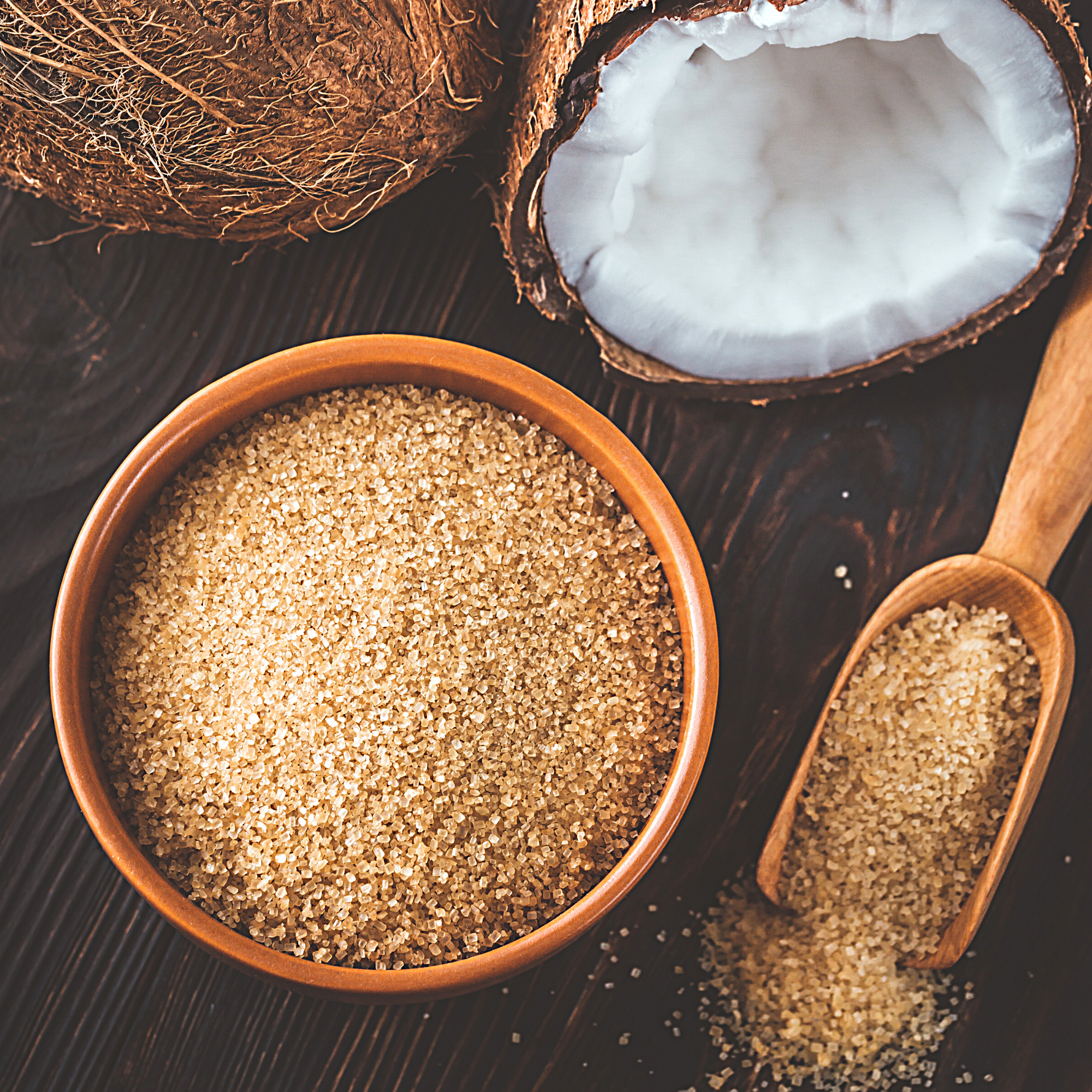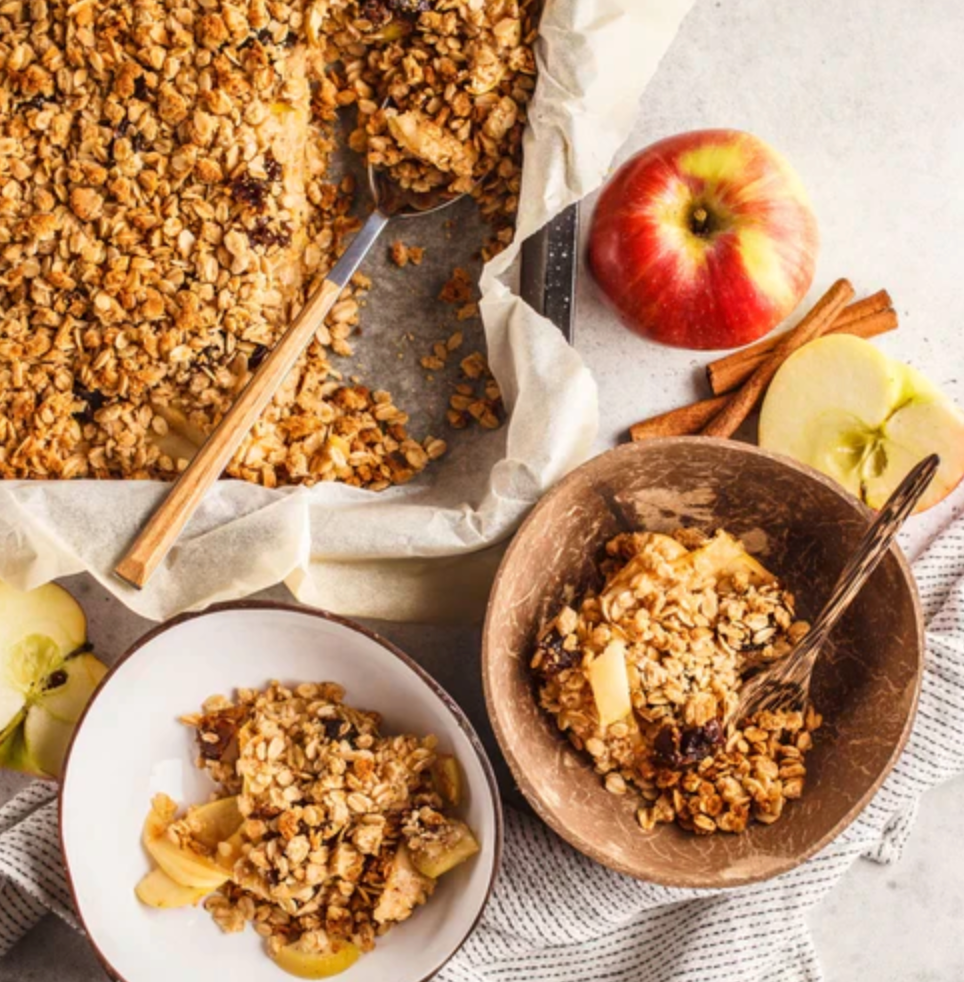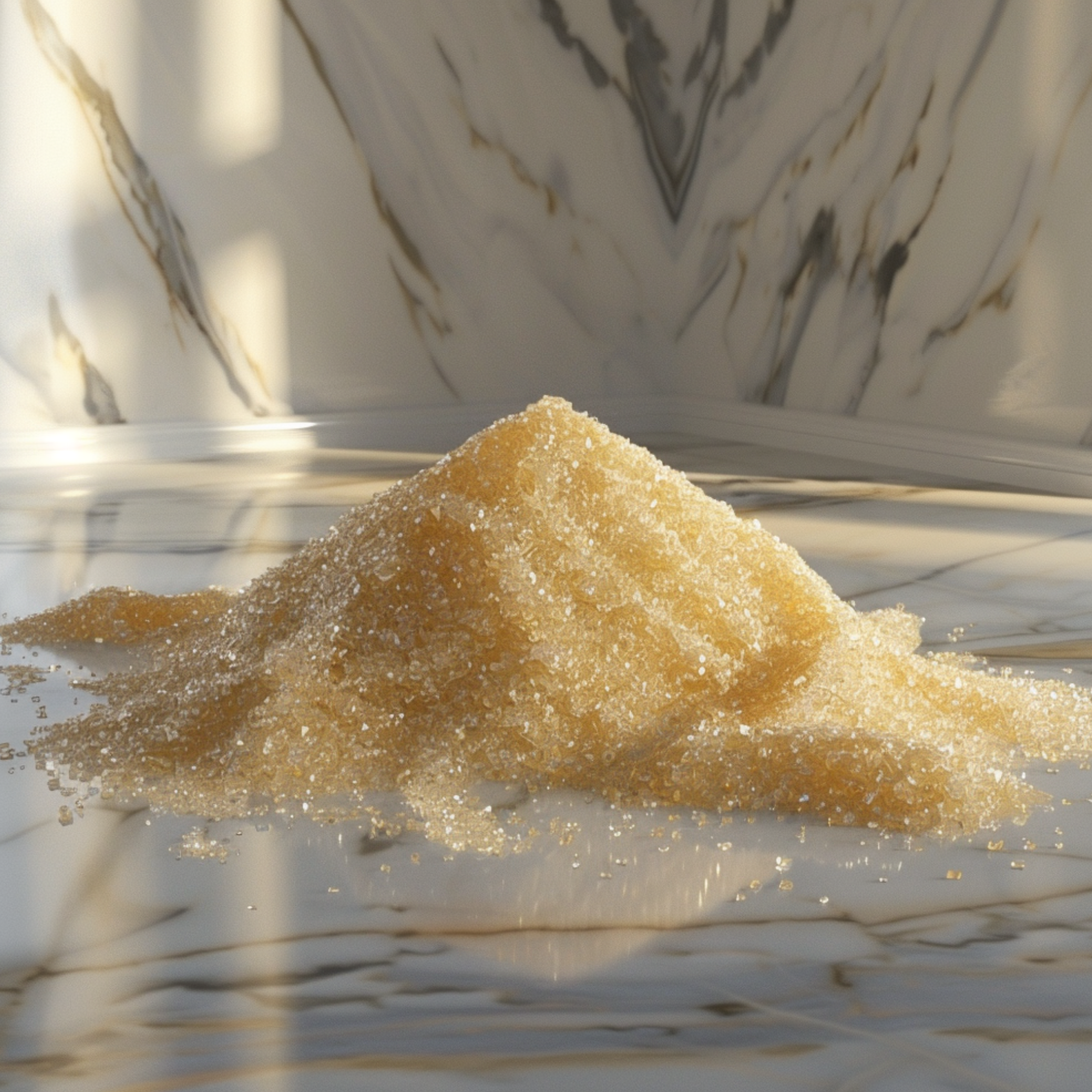
Which is Better Coconut Sugar or Monk Fruit?
When it comes to choosing a sugar substitute, there are several options available on the market, including coconut sugar and monk fruit. While both are often marketed as healthier alternatives to traditional sugar, there are some important differences to consider. In this article, we will compare coconut sugar and monk fruit, and discuss the pros and cons of each option.
Coconut Sugar
Coconut sugar is a type of sugar that is derived from the sap of the coconut palm tree. Unlike traditional sugar, which is derived from sugar cane, coconut sugar is minimally processed and retains some of the natural nutrients found in the coconut palm tree. As a result, coconut sugar is often touted as a healthier alternative to traditional sugar.
One of the key benefits of coconut sugar is its lower glycemic index (GI) compared to traditional sugar. The GI is a measure of how quickly a food raises blood sugar levels, and foods with a low GI are absorbed more slowly into the bloodstream, which can help to manage blood sugar levels. Additionally, coconut sugar is often considered to be a more sustainable alternative to traditional sugar, as it is produced in a more environmentally-friendly way.
However, it is important to note that coconut sugar still has the same calorie content as traditional sugar, refined or not. This means that if a person consumes large amounts of coconut sugar, it can still lead to weight gain and other health problems associated with excessive sugar consumption. While coconut sugar is healthier than refined sugar, it is still worse than no sugar at all.
Additionally, coconut sugar is less sweet than traditional sugar. This means you will have to use more coconut sugar to achieve the same sweetness as traditional sugar. Because of this, you may actually be consuming more sugar and calories when you use coconut sugar in place of traditional sugar.
Monk Fruit
Monk fruit is a type of small, green melon that is native to Southeast Asia. The fruit has been used for centuries as a natural sweetener, and its extract is now used as a sugar substitute. Monk fruit is much sweeter than sugar, so less of it is needed to achieve the desired level of sweetness. Additionally, monk fruit is low in calories and does not raise blood sugar levels, making it a suitable alternative for people who are following a ketogenic diet, have diabetes, or just want a zero-calorie sweetener for their diet.
One of the key benefits of monk fruit is its high antioxidant content. Antioxidants are compounds that help to protect the body from damage caused by free radicals, which can contribute to aging and the development of chronic diseases. By consuming monk fruit, people may be able to improve their antioxidant levels and reduce their risk of chronic diseases.
It is important to note that Pure Monk Fruit Extract cannot replicate sugar in baking recipes. This is because aside from just sweetening, sugar plays a significant role in the color, texture, moisture, and size of baked goods. See more information on this in our blog post. To fix this issue, we blend pure monk fruit with erythritol in our Monkvee Golden Monk Fruit and Monkvee Original Monk Fruit to mimic the properties of sugar for your baked goods.
While coconut sugar is a more sustainable alternative to traditional sugar and has a lower GI, it still contains the same amount of calories. On the other hand, monk fruit is a natural sweetener that is low in calories and does not raise blood sugar levels, making it a better option for your health.

Build Your MonkVee® Box
Ditch the sugar & lab made sweeteners for good!
Click product for details and to upgrade to Subscribe & Save
Try MonkVee®
Mac: Command + F to find your question
Commonly Asked Questions
Why use Monk Fruit Sweetener?
MonkVee® Monk Fruit Sweeteners are 100% natural and zero calories. Unlike sugar which is known to be the leading cause of dozens of awful chronic illnesses such as certain cancers, diabetes, and other killers. MonkVee® Monk Fruit (and Stevia extract) are the healthiest known sweeteners available on the market today. Unlike lab-made artificial sweeteners, MonkVee® is your #1 choice for pure, natural, delicious sweetness. No More sugar spikes and sugar crashes, jitters, diseases, tooth decay and cavities... The list goes on. Try MonkVee® and enter the sweet life!
Will monk fruit sweetener activate yeast
Monk fruit doesn't activate yeast like sugar does, however, by using MonkVee® Monk Fruit, you can reduce the sugar in your recipe overall and have a much healthier outcome! And it will taste just as good! See our full article about baking with monk fruit here.
What is monk fruit?
Monk fruit, also known as luo han guo, is a small green melon native to Southeast Asia. It's valued for its sweetness and health benefits.
How is monk fruit sweetener made?
Monk fruit sweetener is made by extracting the natural sugars from the monk fruit, resulting in a concentrated sweetener that is much sweeter than sugar.
Is monk fruit sweetener a good sugar alternative for baking?
Yes, monk fruit sweetener can be used as a sugar alternative in baking. It provides sweetness without the calories or blood sugar spikes associated with regular sugar.
Does monk fruit sweetener have any calories?
Monk fruit sweetener is calorie-free, making it an excellent option for those watching their calorie intake.
Can monk fruit sweetener be used by people with diabetes?
Yes, monk fruit sweetener is a suitable option for people with diabetes because it does not affect blood sugar levels.
Is monk fruit sweetener safe for weight loss diets?
Monk fruit sweetener can be a helpful tool for those on weight loss diets as it provides sweetness without the calories of sugar.
Does monk fruit sweetener have an aftertaste?
Monk fruit sweetener typically does not have an aftertaste, especially when compared to other artificial sweeteners.
Can monk fruit sweetener help with acne?
While there's no direct evidence linking monk fruit sweetener to acne, reducing sugar intake, including monk fruit sweetener, may contribute to clearer skin for some individuals.
Does monk fruit sweetener affect sleep quality?
Monk fruit sweetener does not directly affect sleep quality. However, consuming it in excess before bedtime may lead to digestive discomfort, which could impact sleep.
Are there any known side effects of consuming monk fruit sweetener?
Monk fruit sweetener is generally recognized as safe (GRAS) according to the FDA.
Can monk fruit sweetener be used in hot beverages like coffee or tea?
Yes, monk fruit sweetener can be added to hot beverages like coffee or tea to sweeten them without adding calories.
Is monk fruit sweetener suitable for vegan diets?
Yes, monk fruit sweetener is vegan-friendly as it is derived from the fruit and does not contain any animal products.
How does monk fruit sweetener compare to other natural sweeteners like stevia?
Monk fruit sweetener and stevia are both natural sweeteners with zero calories, but monk fruit is often considered to have a cleaner, more sugar-like taste.
Can monk fruit sweetener be used in cold beverages?
Yes, monk fruit sweetener can be used to sweeten cold beverages like iced tea or lemonade without any issues.
Does monk fruit sweetener contain any artificial ingredients?
No, monk fruit sweetener is made from the natural sugars found in the monk fruit and does not contain any artificial ingredients.
Can monk fruit sweetener be used in recipes that require caramelization?
Monk fruit sweetener can be used in recipes that require caramelization, but it may not caramelize in the same way that sugar does.
Can monk fruit sweetener be used in homemade jams and preserves?
Yes, monk fruit sweetener can be used to sweeten homemade jams and preserves instead of sugar. It will provide sweetness without adding extra calories.
Does monk fruit sweetener have a glycemic index?
Monk fruit sweetener has a glycemic index of zero, meaning it does not raise blood sugar levels.
Can monk fruit sweetener be used in raw desserts?
Yes, monk fruit sweetener can be used in raw desserts to add sweetness without the need for cooking or baking.
Is monk fruit sweetener suitable for people with gluten intolerance?
Yes, monk fruit sweetener is gluten-free and can be safely consumed by people with gluten intolerance or celiac disease.
Can monk fruit sweetener be used in homemade salad dressings?
Yes, monk fruit sweetener can be used to sweeten homemade salad
Is monk fruit sweetener suitable for people following a ketogenic diet?
Yes, monk fruit sweetener is suitable for those on a ketogenic diet as it does not contain any carbohydrates or sugars that could affect ketosis.
Can monk fruit sweetener be used in beverages other than tea and coffee?
Absolutely! Monk fruit sweetener can be used in various beverages like smoothies, cocktails, and flavored water to add sweetness without the extra calories.
Does monk fruit sweetener affect blood sugar levels?
No, monk fruit sweetener does not affect blood sugar levels as it has a glycemic index of zero. It's a suitable option for those monitoring their blood sugar.
Is monk fruit sweetener safe for pregnant women?
Monk fruit sweetener is generally considered safe for pregnant women, but it's always best to consult with a healthcare professional for personalized advice.
Can monk fruit sweetener be used in homemade granola bars?
Yes, monk fruit sweetener can be used in homemade granola bars to provide sweetness without the added sugar. It's a healthier option for snacks.
- Choosing a selection results in a full page refresh.
!
























